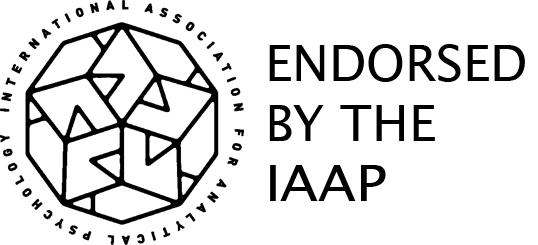All practitioners understand the “thou shall not aspects” of psychotherapy and psychoanalytic practice that are prescribed in codes of ethics. These reflect the collective norms around what it means to be a psychoanalyst/psychotherapist. These collective norms have arisen from millennium of ascribing power to certain roles in community/tribes/societies. In this context, the relationship between therapist and client become a sacred contract and covenant that lies in the collective unconscious.




